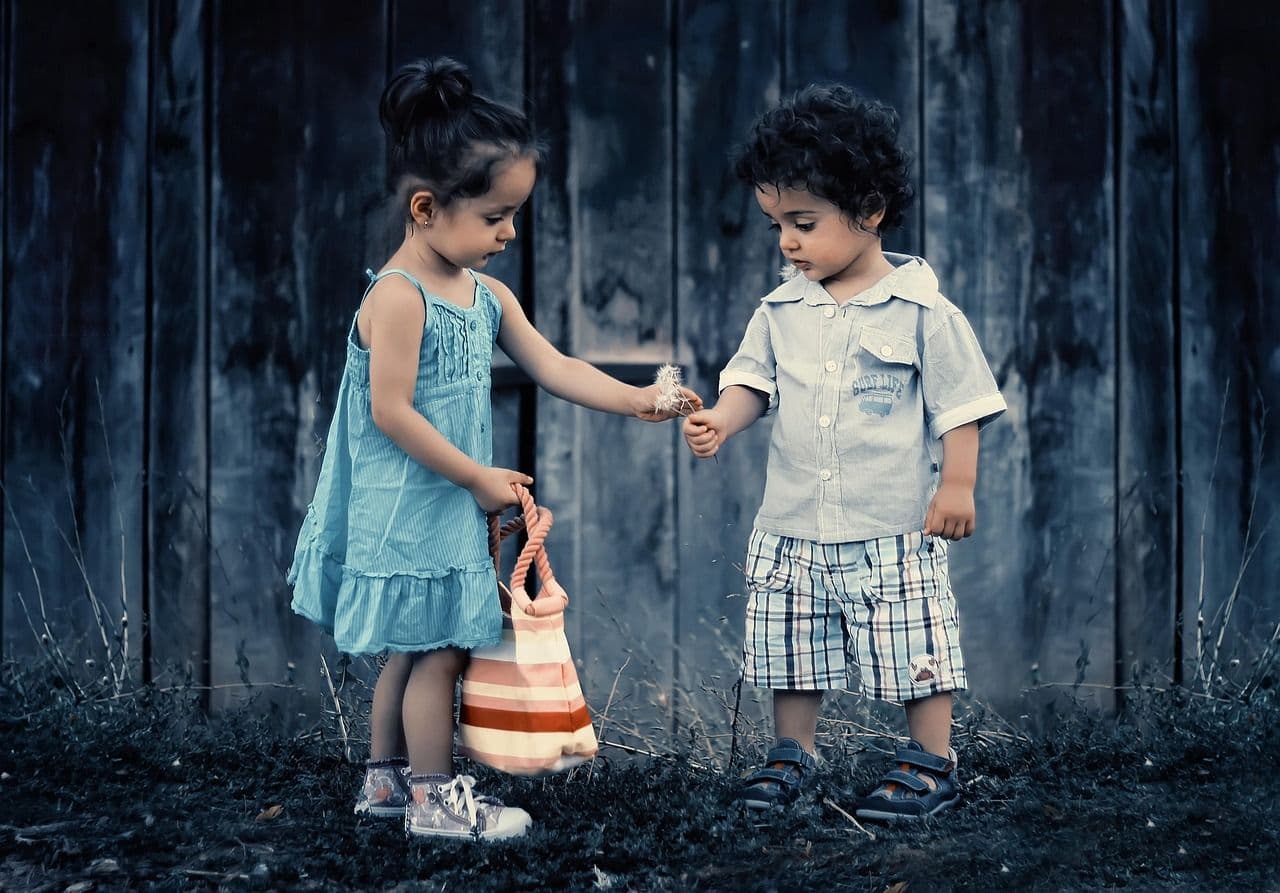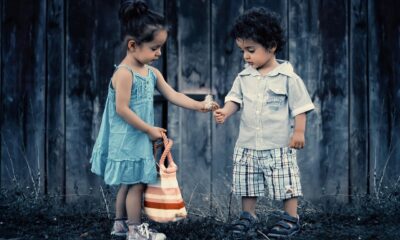Lifestyle
Sibling Rivalry Offers Key Lessons in Emotional Development

Conflicts among siblings, including arguments over toys and competitive play, are common in households with multiple children. According to experts, these disputes are a normal part of growing up and often occur in waves. Psychologists emphasize that consistent boundaries and proper guidance during arguments serve as crucial lessons in social skills and emotional literacy, as reported by Mother.ly.
The relationship between siblings can be complex. Experts suggest that a warm connection contributes to better social and emotional outcomes during childhood and adolescence. Children often experience both closeness and irritation towards each other. With the support of adults, these interactions can become productive learning opportunities, teaching children how to calm down, listen, negotiate, and repair relationships.
Fairness is significant for children, as they tend to monitor who receives what, and when. In parenting, it is vital for caregivers to avoid comparisons and clearly explain the differences in rules related to age. Strong sibling relationships do not rely on perfection or an ideal personality mix. Instead, daily habits and how adults navigate conflicts with children make a substantial difference, according to Klix.
Psychologists encapsulate this idea with the phrase: “Conflict is the classroom, and love is the subject.” The best starting point is to identify what occurs beneath the surface during disputes. A simple list of household rules, emphasizing no hitting or name-calling, provides children with a necessary structure. Consequences for inappropriate behavior should be brief, consistent, and applied immediately when safety is at risk.
To further reduce rivalry, dedicating individual “special time” of ten minutes with one parent for each child can significantly help. Proactively addressing critical moments of the day, such as morning rushes, car rides, or bedtime preparations, is also beneficial.
Despite the inevitability of sibling squabbles as part of growing up, establishing clear boundaries, fairness, and gentle guidance can teach children to share space, negotiate, and care for one another.
As families navigate these dynamics, understanding that “mistakes are not important” can help foster an environment where children learn valuable life skills alongside their sibling relationships.
-

 Entertainment3 months ago
Entertainment3 months agoAnn Ming Reflects on ITV’s ‘I Fought the Law’ Drama
-

 Entertainment4 months ago
Entertainment4 months agoKate Garraway Sells £2 Million Home Amid Financial Struggles
-

 Health3 months ago
Health3 months agoKatie Price Faces New Health Concerns After Cancer Symptoms Resurface
-

 Entertainment3 weeks ago
Entertainment3 weeks agoCoronation Street Fans React as Todd Faces Heartbreaking Choice
-

 Entertainment3 months ago
Entertainment3 months agoCoronation Street’s Carl Webster Faces Trouble with New Affairs
-

 Entertainment3 months ago
Entertainment3 months agoWhere is Tinder Swindler Simon Leviev? Latest Updates Revealed
-

 World3 weeks ago
World3 weeks agoBailey Announces Heartbreaking Split from Rebecca After Reunion
-

 Entertainment4 months ago
Entertainment4 months agoMarkiplier Addresses AI Controversy During Livestream Response
-

 Science2 months ago
Science2 months agoBrian Cox Addresses Claims of Alien Probe in 3I/ATLAS Discovery
-

 Health5 months ago
Health5 months agoCarol Vorderman Reflects on Health Scare and Family Support
-

 Entertainment4 months ago
Entertainment4 months agoKim Cattrall Posts Cryptic Message After HBO’s Sequel Cancellation
-

 Entertainment3 months ago
Entertainment3 months agoOlivia Attwood Opens Up About Fallout with Former Best Friend














